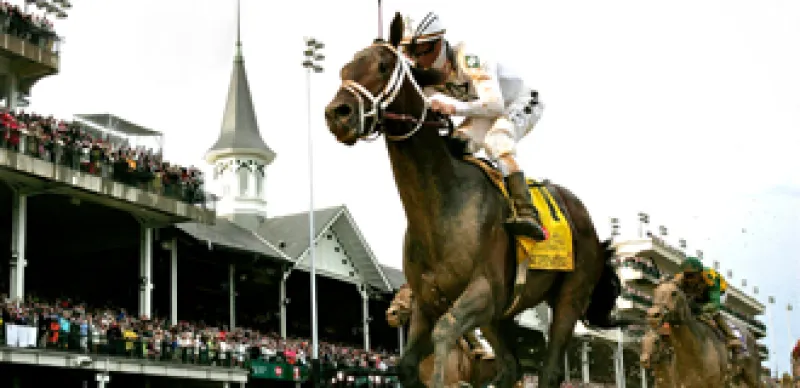
Stock Picker: Betting on Hedge Funds and Horse Racing
Mount Vernon Investments president Nicholas Merrick proves that running a hedge fund has a lot in common with picking racehorses: Both endeavors rely on a keen understanding of background and pedigree, and an eye for what makes unproven candidates winners.
Imogen Rose-Smith
July 5, 2010


